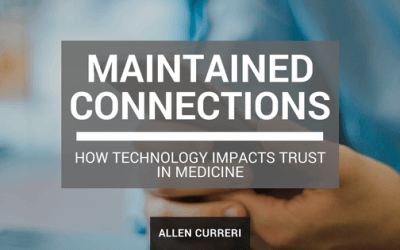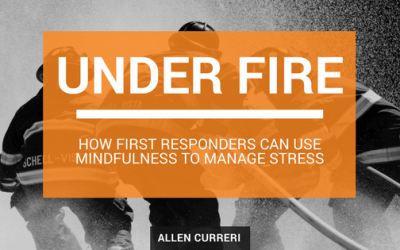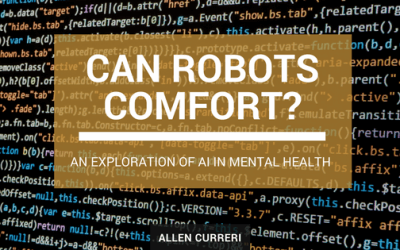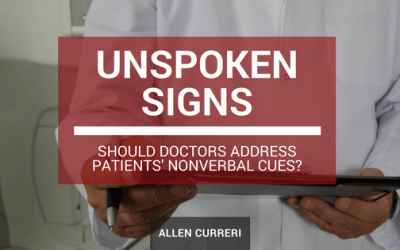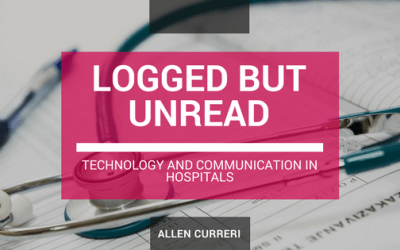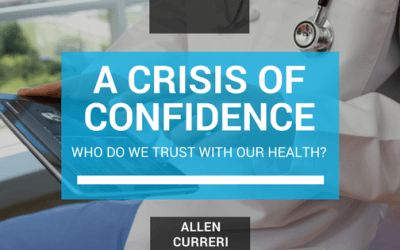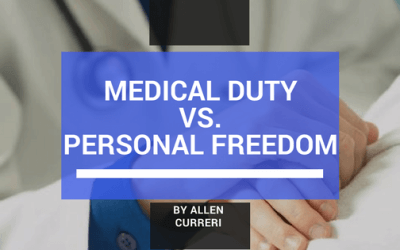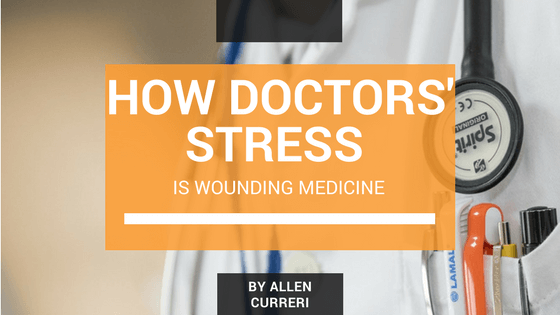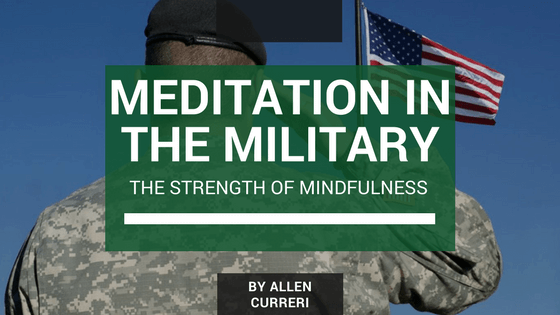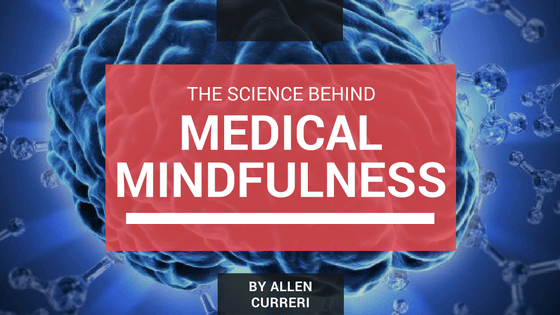Allen Curreri's Blog
Maintained Connections: How Technology Impacts Trust in Medicine
Put yourself in the shoes of a single mother. Every morning, she wakes up early to fix her two young boys breakfast before dropping them off at school and heading off to work herself. But one morning, she finds herself woken much earlier than earlier by her own...
Under Fire: How First Responders Use Mindfulness to Manage Stress
We tend to envision the dramatic parts of a firefighter’s job: rescuing a child from a blaze, or enabling the safe evacuation of a collapsing building. In the face of that drama, though, we often forget that first responders encounter potentially traumatizing situations with far greater frequency than ordinary civilians. According to a study conducted in 2016, the prevalence of PTSD among emergency service workers is estimated at 17%-22%; this number stands starkly against the expected lifetime prevalence of 1%-7% within the general population.
Can Robots Comfort? An Exploration of AI In Mental Health
Can human empathy exist without a human? In the medical field, innovators are determined to find out. Within the last few months, a new mental health app has entered into the medical self-help arena to support those suffering from common mental health conditions such as depression and anxiety.
Unspoken Signs: Should Doctors Address Patients’ Non-Verbal Cues?
Sometimes, the most important cues in a patient’s case are the ones that are never said – a too-long silence before an answer, or perhaps an assumption gone uncorrected. But for doctors focused on helping as many patients as possible before the close of the day, firing off a volley of diagnostic questions during appointments and drawing conclusions from verbalized answers seems the only way to carry a heavy workload. Their busy schedules do not allow them to pick at the meaning behind a patient’s posture or verbiage; all they can do is provide an encouraging word and snippets of friendly conversation amidst professional discussions of symptoms and diagnoses.
Logged but Unread: Technology and Communication in Hospitals
Medical professionals work tirelessly to save lives, often expending considerable physical, emotional, and mental energy in the process. The stakes for those working in hospitals are intense: lives hang in the balance. The stress of the job undoubtedly contributes to the fast-paced environment; doctors, nurses, and technicians alike not only have to juggle their own considerable load of tasks, but coordinate their work with their colleagues in order to ensure that each patient’s needs are properly met. Given the stressful expectations loaded onto these professional’s shoulders and the frenetic working environment native to hospitals, it’s hardly surprising that lines of communication break down and cause dangerous setbacks like the one described above – but understanding why they occur makes them no less worrisome.
A Crisis of Confidence: Who Do We Trust With Our Health?
On one cold February day in 1997, a furious man stared daggers across a chessboard at a large metal box. He looked down, desperately searching for an option that lead away from the conclusion he saw on the board. His search fell flat. The man resigned, and stormed...
Medical Duty, or Personal Freedom: What Matters Most?
What is a doctor to a patient? A tried and proven expert? A bastion of medical knowledge? Only the terminally jaded doubt the motives of most who take up our oldest, noblest professions; generally, patients see doctors as genuine purveyors of health, people who...
When A Life Hangs in the Balance: How Doctors’ Stress is Wounding Medicine
A four year-old-boy is pulled, flatlining, from the bottom of a lake, and rushed to the emergency room. No one knows how long he was underwater, they can only say that CPR was administered, and the boy showed no response. The doctor on call, David Hilfiker, drops everything. Dashing to the operating room, he lets his practiced hands take over.
Meditation in the Military and the Strength of Mindfulness Training
Strength is what drives an effective unit, just as strength is what a mindfulness master looks for within their self. Such strong commonality cannot be ignored; in fact, military leaders have started to recognize mindfulness as an essential component of any soldier’s arsenal; many military heads now see the benefits of meditation as a sort of armor, offering units a cohesive, fortifying mind-shield which outstrips even the hardest Kevlar.
Medical Mindfulness: The Science Behind Meditation in the Hospital
It’s ironic that although we rely on doctors to care for our health, they are rarely able to devote the same time to their own — least of all their mental health. We’ve talked before about the incredible stresses that doctors face every day, stresses that can’t help but take a toll on anyone’s wellness, no matter how competent you are. It isn’t not only a hardship for the professionals who care for us, though, but also one for patients who rely on a doctor’s sharp observational skills and clear-headed decision making to make the best possible call, every single time.

